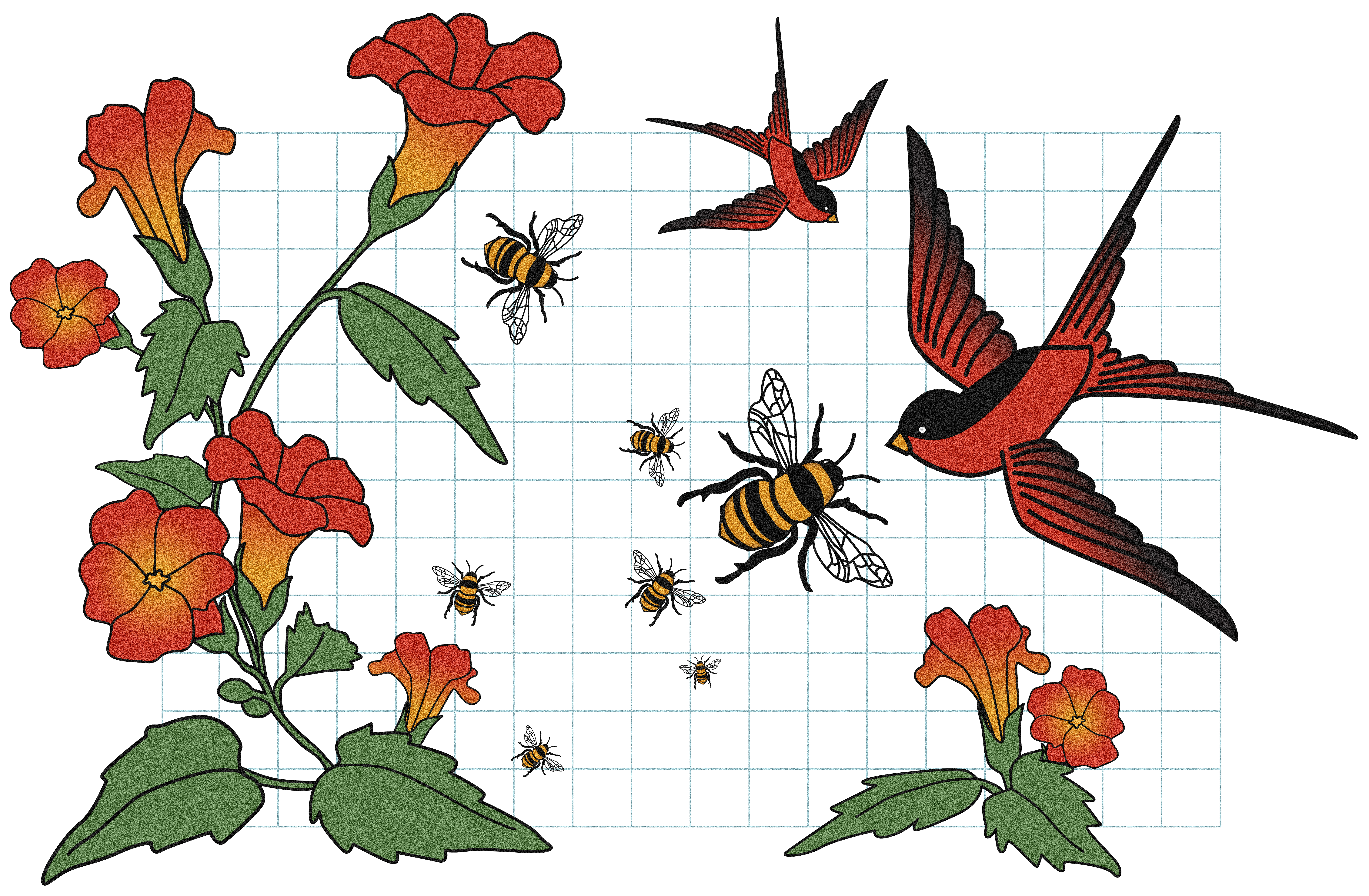This article appears in our November print issue. You can pick up a copy on newsstands around campus, or at our newsroom in room 520 in the University Center.
______________________________________________________________________________
Due to a mistake in our editing process, an earlier version of this article falsely attributed a quote to Albert Einstein. The attribution has been removed.
I was in eighth grade when my homeroom teacher rolled out a prehistoric television set for the classic two day lecture formally known as “sex-ed” (A.K.A. learning what an STD was amidst snickers from my classmates). Though at the time, it all seemed like pretty standard stuff, I realize today how much the curriculum was truly lacking. The topic of mental health, which is just as important as physical health, was entirely glossed over.
Where was the discussion of what constitutes a healthy relationship- of how to respect and treat one another? Where was the teaching of how to set boundaries? Where was the conversation about consent? The list goes on and on. This is a missed opportunity to educate youth at a critical time, when they are absorbing knowledge and should be creating healthy habits. An oversight such as this one can and oftentimes does have detrimental, lifelong effects.
My freshman-year college roommate, Izzy, has been waking up with panic attacks for months. At the crack of dawn, she wakes up with her heart racing, nauseous, and runs to the toilet to vomit. When she went in for an appointment with her psychiatrist, she was diagnosed with PTSD due to a toxic relationship she had been in during high school. Her boyfriend did not let her change in front of the girls on her dance team because he didn’t trust her (or them) and made her sell her clothes because they were too “slutty.” For years, she lived under his cruel jeers and lurking manipulation. You are fat, you are ugly, you are worthless… by the time she had started to believe it, she didn’t remember a time where she had ever not. Izzy’s stress response has literally been rewired because of the trauma that she endured from this unhealthy relationship.
Unfortunately, she is not the only one. I have seen variations of the same theme, whether more or less subtle, more times than I can count. Insanity, it has been said, is doing the same thing over and over again and expecting different results. Without a sex education curriculum that includes interpersonal relationship guidance, we cannot expect children to grow up with the appropriate knowledge needed to foster strong and fair relational bonds.
In order to fill in the missing spaces of the sex-ed syllabus, it is essential to hear what the very people who have been robbed of a proper sex education wish that they had learned.
Jesse Menza, a business major at Syracuse University, wishes she had learned what behavior is considered emotionally abusive and how to grapple with relationship anxiety in a healthy way.
Oriella St. Louis, a film studies major at Brooklyn College, says that she wishes that she had learned how to have a healthy relationship with herself- how to learn what she, as an individual, values and how to set healthy boundaries around that.
Nanako Chung, a computer science student at NYU University, would have wanted to learn what a healthy relationship looks like between not only a romantic couple, but between any two people in life including family and friends. On top of this, Chung also believes that the intricacies of the female reproductive system should be taught to both men and women, leading to a greater understanding of, and respect for, women.
Most of what real people wish that they had learned in sex-ed is centered around identifying unhealthy relationship behaviors, having healthy communication, and creating healthy boundaries. For a sufficient sex-ed course, these three facets of a relationship should be taught extensively with hands-on, role-play activities followed by student-centered discussions — according to award winning teacher, Nancy Barile, these methods of teaching have proven to be the most effective.
Though, yes, we have been shortchanged, I do not believe that we are all doomed to a fate of terrible, abusive relationships. After all, I am your textbook hopeless romantic. I love love. I love the idea of a relationship — having someone who is there for you not only when you are shining your brightest, but also when the lights go dark. This ideal relationship, based on mutual trust and honesty and support, should be empowering for both parties. Naturally, learning how to have these sorts of relationships is the first step in actually being able to have them. After all, a plentiful sexual education should not only be focused on “the birds and the bees,” but also, importantly, the interpersonal relationship between the bird and the bee.







